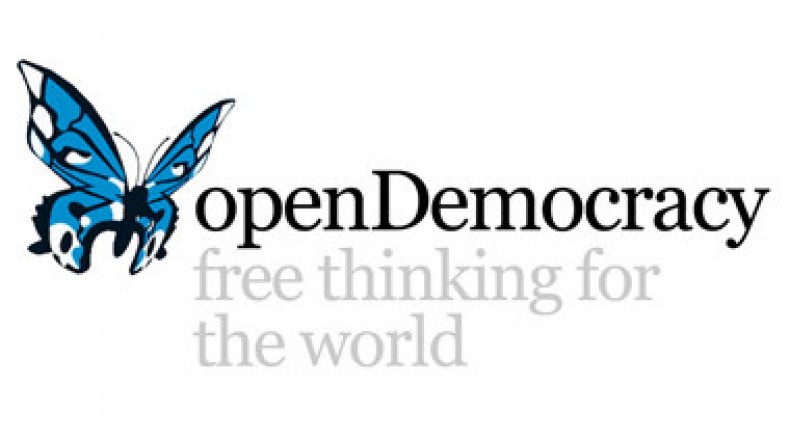
Open Democracy: ‘‘Even Jesus Christ would not receive as many votes as Aliyev received’’
Since Azerbaijan joined the Council of Europe in 2001, the country's grim human rights record has only become worse. The Council's and EU's ambiguous reactions to the October 9 presidential election raise new questions about Europe's role in Azerbaijan's transition to democracy, the Open Democracy reports.
They did not come to Azerbaijan to give lessons or to measure the rate of democratic development in the country but rather to witness and encourage the transition process towards democracy that the country is experiencing, said the joint statement which the Parliamentary Assembly of the Council of Europe (PACE) and the European Parliament (EP) observer delegations made following the Oct. 9 presidential poll. One cannot help but wonder if the parliamentarians who signed off on this statement are aware of their organisations' respective legal mandates and raisons d'être, the Open Democracy wonders.
“When Azerbaijan joined the Council of Europe (CoE) in 2001, the country ratified a list of treaties, and undertook certain, clearly-defined obligations – e.g., to consolidate democratic institutions, respect the rule of law, and fundamental human rights,” the article reads. According to mandate the job of the PACE observation mission is not to celebrate or witness, but to assess, measure, and, to a certain extent, teach.
There are credible reports that suggest the Oct. 9 poll was marred by irregularities and fraud of mind-boggling extent. International election observers and independent journalists have documented numerous cases of ballot-box stuffing, "carousel voting", unauthorized people directing the work of PECs (Precinct Election Commissions), and other forms of illegal interference.
Since Heydar Aliyev came to power in June 1993, the Aliyev family have won all five of the presidential elections with percentage shares ranging from the low of 77% to the high of 99 %.
“The PACE/EP joint statement looks more suspect, given the fact that some of the worst crackdowns on political dissent and pluralism took place after Azerbaijan joined the CoE in 2001. Journalists and other critics of the regime fell victim to murder, beating, blackmailing; hundreds of activist and politicians were jailed, thousands faced other more subtle forms of persecution and intimidation and had to leave the country or renounce their views; some opposition parties lost their offices, independent newspapers faced hefty fines and had to cut their circulation numbers, etc. All of these have been noted, in detail, not just in the Amnesty International or Human Rights Watch reports, but also in the PACE and EP sources including countless resolutions, hearings, ECHR decisions, etc.
How the delegation manages to remain so blatantly optimistic in the face of these well-documented and familiar facts, is hard to grasp,” Open Democracy wonders.
The article notes that the European Stability Initiative (ESI) has been one of the few organizations that have tried systematically to go to the root of insensitivity to Azerbaijan's rights record.
The article also notes that the EU's and CoE's complaisance towards Azerbaijan is a multifaceted problem that cannot be explained away by corruption alone. First and foremost, there are important economic and strategic interests.
Fortunately, not everyone gets caught in the spiral of deception. One of the more astute reactions to the farcical turn of events came from American talk show host Cenk Uygur: "When you have an 85 to 6 election, it was rigged. If Jesus Christ came back down from Heaven, and God opened up the sky and said "This is my son", he wouldn't get 85%. That's not possible." That a joke tells more about Azerbaijan's political system than the joint statement from the PACE/EP or many news analyses, could well be the most remarkable aspect of this election saga, the Open Democracy adds.
Newsfeed
Videos






























